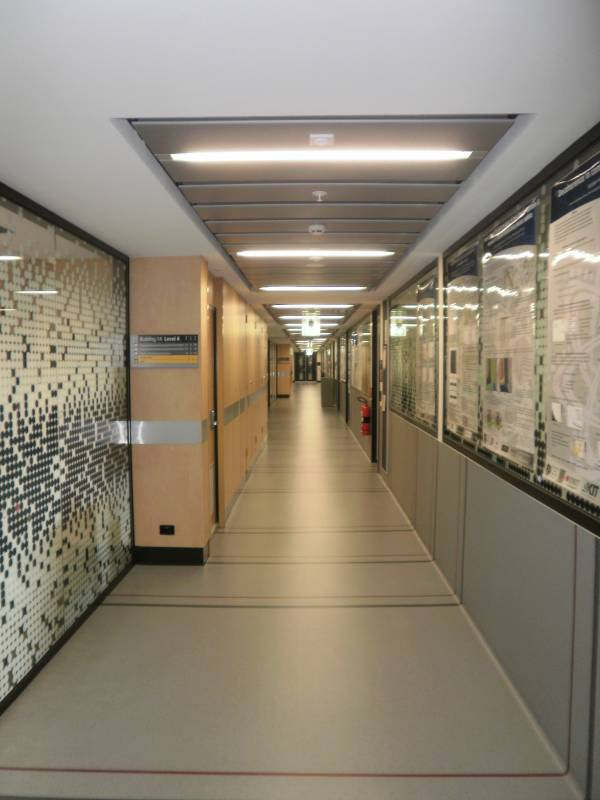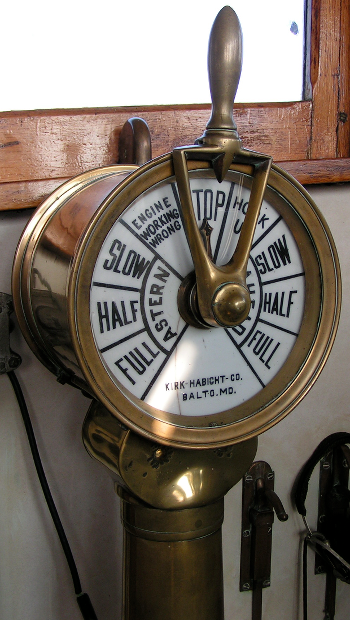For those of you not familiar with the RMIT Physics levels, this is level 6:

The PhD / Postdoc area (primarily) for CQP members is the large room that can be seen to the right. Jared (second in command, or the ‘Q’ in CQP) has an office further down the hall to the left. He has recently started calling the PhD room The Engine Room. The place where the caffeinated sweat of students convert numbers into crunched numbers through creation and annihilation operations; which filtered through pages of \(\LaTeX\) ultimately condense into concentrated science nuggets - ready to fuel the fires of discovery.
Realistically, stoking of such fires is delegated to the Oompa Loompas, but in terms of the efficiency of scientificity in the PhD room: Jared’s designation is apt.
In line with the benevolent Budi-Smith Lunch Regime, it makes sense to abdicate certain freedoms in our daily lives to minimise the burden of choice. A tear need not be shed for this relinquishment of liberty; for doing such would be as absurd as considering the coughs of some sick persons in the audience as a part of a magnificent heroic symphony. To this end the CQPLαbs Engine Order Telegraph project was born.
The Engine Order Telegraph (E.O.T or “Chadburn”) was a communication device designed to send commands from the wheelhouse of a ship to the engine room. First installed on the PS Iona in 1873, the E.O.T. advanced the capability of naval, commercial and private ships alike. By 1900 Chadburn’s Ship Telegraph Co. Ltd. claimed that over 6000 commercial and 850 naval (400 of those in the Royal Navy) ships were using the system.

Considering we’re not in the business of moving around on the water, the CQPLαbs version of the E.O.T. will be slightly different.
The control panel will need to be upgraded with more critical commands such as Sciencing Speed and Coffee Time.
Multiple Engine Room workers obligates a number of engine-end E.O.T. apparatus. With that being said, most of the time Engine Room workers are operating virtual machines, thus a virtual panel will be required.
Level 6 mechanics (otherwise known as “Property Services”) will frown upon any unauthorised mechanical levers and pulleys inside the building’s walls, hence alternative modes of transmitting telegraph orders will need to be investigated.
